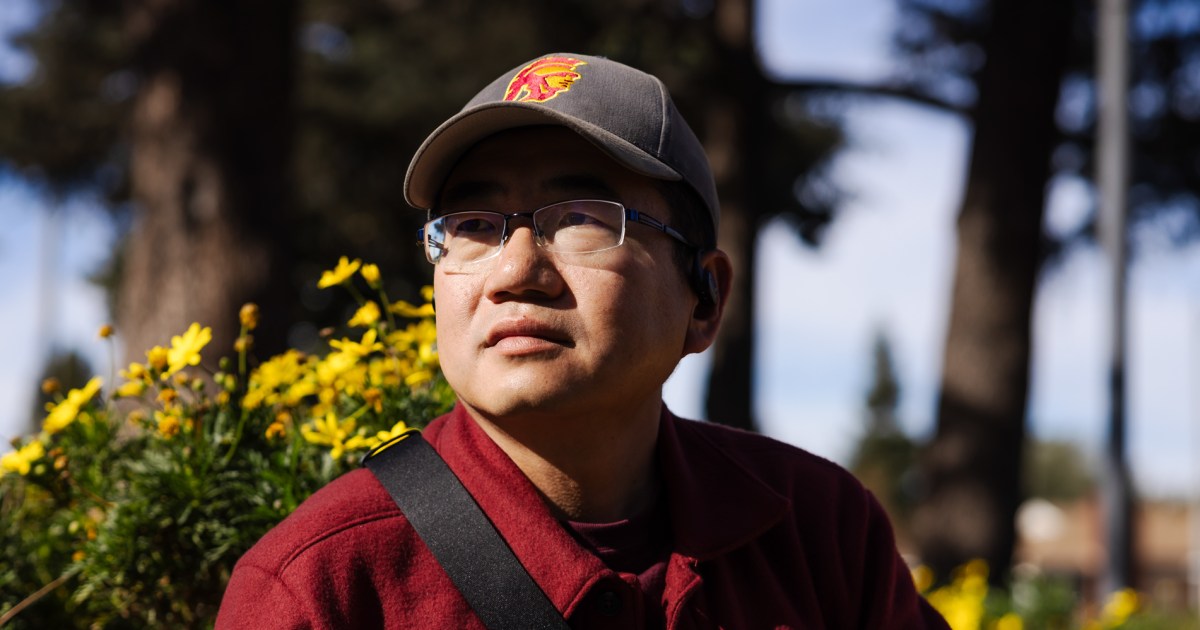“We have to value it because it is having a deep and profound impact on not just our planet, not just our fellow sisters, but our psyche as well,” Barber says.
A common argument that Barber comes up against is that cheap clothing is accessible to everyone.
“We’re so indoctrinated into consumerism, we really squeeze and manipulate rhetoric to fit our particular situation, so we feel good about buying sweatshop clothing,” Barber says.
She also points out that the target audience for cheap clothing is usually the middle class.
“When I try and talk to people with platforms that sell sweatshop clothing, I’m like, ‘So you’re a rich woman, why are you selling sweatshop clothes?’,” she says.
Their common response is that it’s what their audience and followers can afford.
“And I’m like, your audience is just like you, your readership is just as middle class as you are. Do not even pretend like they need you to sell them shite that they don’t need.”
Additionally, she says we need to change our mindset around ethical shopping.
If Australians bought ethically made clothing at the rates they currently buy fast fashion, the cost would likely be prohibitive.
But if we reduce the amount we buy and wear those items longer, then ethically made clothing will be cost-effective.
Another common justification for buying cheap clothing is that the sweatshop workers are better off working than not.
But Barber argues this is straight up colonialism.
“This is the idea that all of these systems can only exist, if a corporation from a foreign entity exploits everyone,” she says.
And she points out that there are brands that do pay fair wages. And these companies can challenge others to do better.
Social media and excess consumption
In 2017, environmental charity Hubbub, found that one in six young people didn’t feel they could repeat an outfit once it had been seen on social media.
Barber says this message is starting to become normalised.
“With the prevalence of buy now, pay later, we’re really seeing this new and extreme normalisation of debt to buy things that you don’t even need,” she says.
Barber believes that more needs to be done to educate young people about the labour that goes into tailoring clothes to counter these attitudes.
“When I was growing up, we had home economics and I think we actually need to bring that back so people know the skills and labour that go into making things,” she says.
Similarly she says we need to push back on social stigmas around buying second-hand clothing.
“I grew up wearing second-hand [clothes]. I did not tell my little snot-nose peers because that would have been another thing for them to make fun of me for,” Barber says.
“I think there’s still stigma there. That’s a hurdle that we’re going to have to get through culturally in our society.”
She also wants consumers to slow down and rediscover their individual style.
“Fast fashion has gotten us so away from knowing our personal style, knowing what we really like because you’re having a lot of stuff pushed at you,” she says.
“And once we get back to that, it really narrows down what you’re purchasing … It’s a lot more considered, which means it’s probably going to stay in your wardrobe for a lot longer.”
Yet Barber admits, while encouraging people to buy ethically, second hand or educating young people are all important steps forward, she says individuals can’t be expected to fix the problem.
“We need legislation, we cannot group hug our way out of this.”
For example, Barber suggests the introduction of an extended responsibility tax being placed on all fast fashion garments would mean that companies would have to pay for the end of the life of every product manufactured.
Additionally, imposing financial penalties around non-compliance of Modern Slavery Acts .
And as an individual, Barber says: “If you already have clothing you can wear, then you don’t need new things.”
And the next new item of clothing you do buy, “has to be from a company that pays everyone fair wages, that’s it”.
This conversation with Aja Barber was originally recorded by Sydney Opera House Presents as part of the All About Women festival and broadcast on ABC Radio National’s Big Ideas .
RN in your inbox
Get more stories that go beyond the news cycle with our weekly newsletter.









